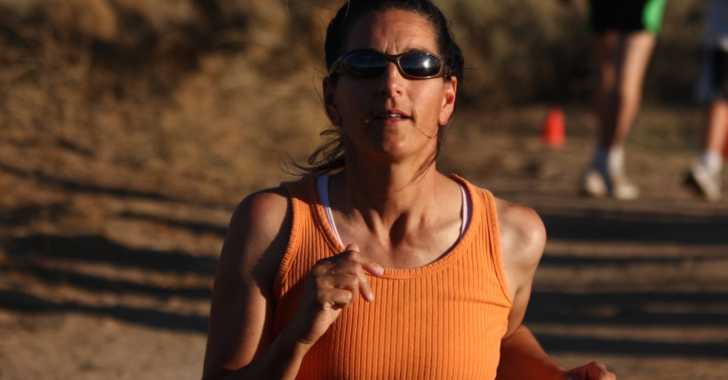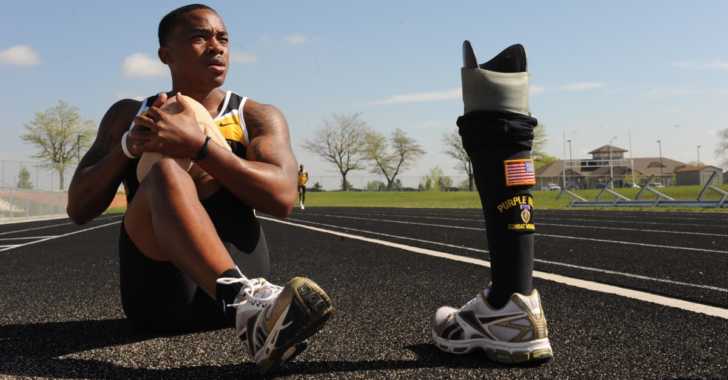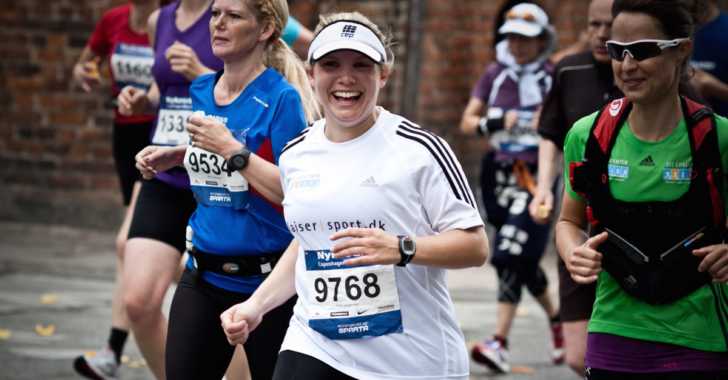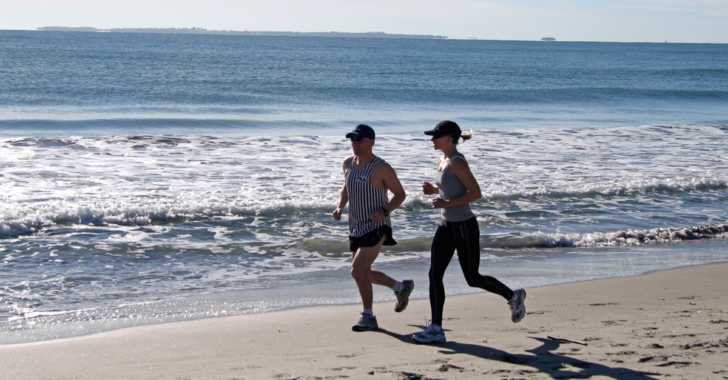I Didn’t Know That This Simple Thing Could Help So Much With Grief!
You will never be the same person you were before your loss occurred, but you will learn to love and be happy again.
Grief and loss are part of the human condition. No one escapes heartbreak; we all struggle with the same emotional challenges when life suddenly veers off course. As Dr. Elizabeth Kubler-Ross explained, grieving is a gradual process, which each individual navigates in her own time and in her own way. Nevertheless, for many people, intense physical exercise has offered a surprising and surprisingly effective path to healing, reports DailyBurn.
Start by Acknowledging the Pain
Loss comes in all forms. The death of a loved one, the break-up of a marriage, the loss of a job, even the loss of your physical health due to an illness or accident often evokes intense emotional suffering. Although denying the pain is a common and natural first reaction to a devastating blow, healing demands that you eventually acknowledge and even embrace the hurt.

Sweat It Out
According to Vicki Costa, a clinical social worker and grief counselor with Safe Harbor Counseling in Bel Air, Maryland, working up a sweat with intense physical exercise helps both the mind and the body work through grief. “It’s how the body cries,” she said in an interview with DailyBurn.

Focus on Gains
Athletes like Sgt. Jerrod Fields, who lost his lower leg when he encountered an improvised explosive device while on tour in Iraq, know that intense focus and determination give a grieving athlete a renewed sense of empowerment and control. Fields turned a tragic loss into a gold medal at the 2009 Endeavor Games for athletes with physical disabilities.

Pass on the Pills
Exercise may work better than antidepressants to help people struggling with depression following a loss. Just one 30-minute aerobic workout three to five times a week has been shown to relieve symptoms of depression by up to 50 percent in young adults, according to Peak Fitness.

Increase Endorphins
Although experts aren’t quite sure why exercise helps people cope with feelings of sadness and loss, studies suggest that it increases the levels of endorphins and serotonin, feel-good chemicals that act in the brain to enhance feelings of well-being and diminish stress.

Take It Outside
Exercise is a sadness reliever in its own right, but exercising outdoors in a natural setting has added benefits. According to Everyday Health, being outdoors promotes mindfulness, which helps some depressed individuals accept uncomfortable feelings rather than pushing them away.

Get Some Sun
Being outside in daylight while exercising increases levels of vitamin D, which helps alleviate depression and also fights cancer, osteoporosis and heart attacks, reports South Source.

Fight Off the Flu and Other Nasty Bugs
Grief is not just an emotional reaction; it weakens the immune system, too. Vigorous exercise helps protect you from infections such as colds and flu when you’re grieving and feeling run down.
Above All, Have Faith
With time and faith, all wounds heal. You will never be the same person you were before your loss occurred, but you will learn to love and be happy again. Need some inspiration? Read more amazing stories of people who have triumphed over adversity.

SKM: below-content placeholderWhizzco for FHB

